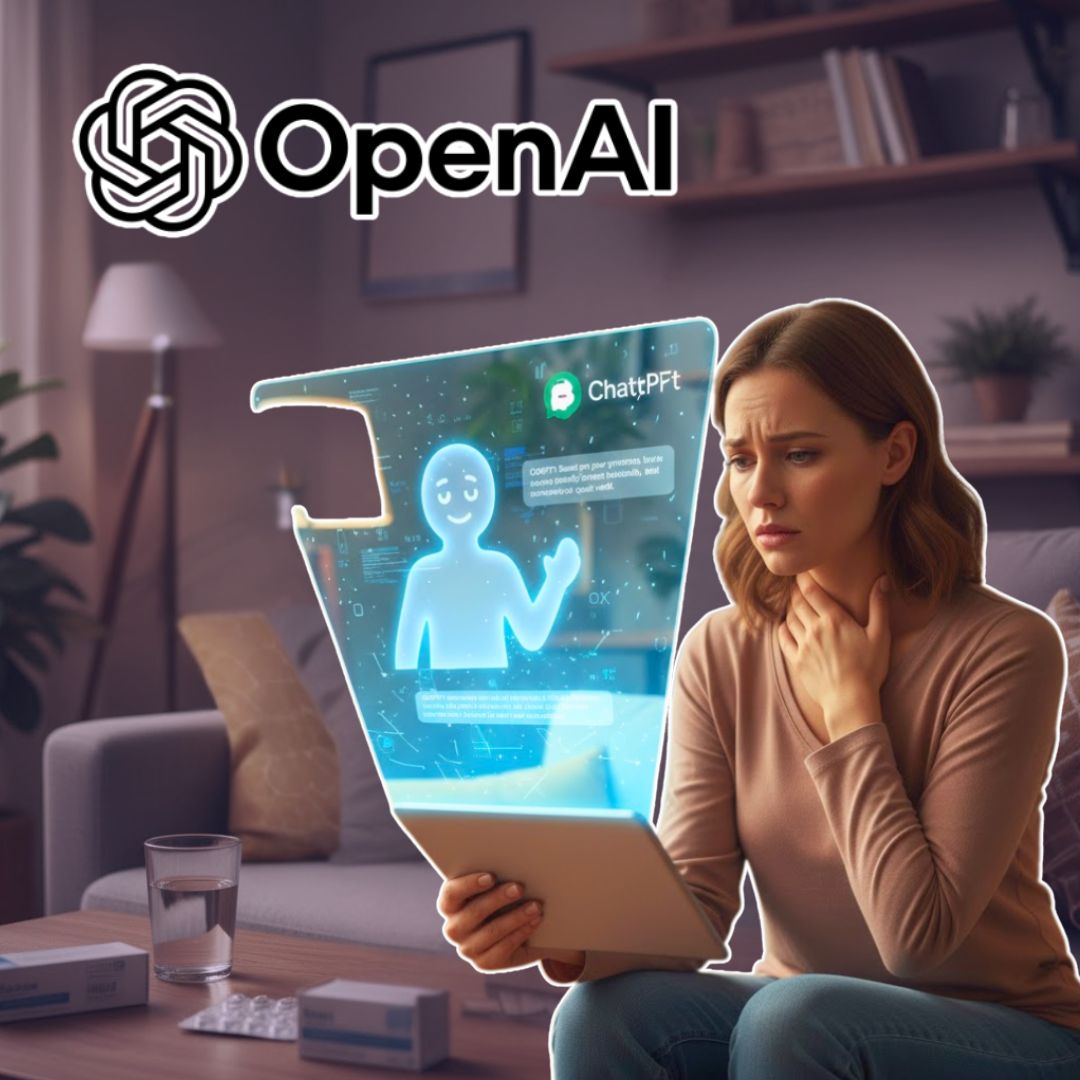OpenAI, the company behind ChatGPT, has officially barred the AI chatbot from providing medical, legal, or financial advice as of October 29, 2025, citing user safety and liability concerns as driving factors for the change.
Under the new policy, ChatGPT’s role is now strictly that of an educational tool – it may explain principles and concepts, but users are urged to consult certified experts for personal decisions. This global shift follows several reported incidents of harm linked to AI-generated advice and arrives amid intensifying regulatory scrutiny in India, Europe, and North America.
Reactions are mixed, with some hailing the move as essential for public safety and others lamenting reduced access for those who rely on free, instant online help.
Incidents Behind the Ban: Harm and Liability
The decision to restrict ChatGPT’s advice offerings was triggered by growing reports of adverse outcomes from users following AI-generated recommendations. In a high-profile case, a 60-year-old man was hospitalised for three weeks after substituting table salt with sodium bromide based on chatbot suggestions; he developed paranoia and hallucinations, resulting in involuntary psychiatric care.
Other incidents include misdiagnoses, poorly drafted legal documents, and questionable financial strategies derived from chatbot interactions, prompting professionals and user groups to warn about the risks inherent in trusting unregulated AI for high-stakes decisions.
Social platforms and media forums document a wave of user complaints and anecdotes – from delayed disease diagnosis due to chatbot reassurance, to legal mishaps stemming from generic contract templates.
While these stories illustrate the convenience and accessibility of AI tools like ChatGPT, they underscore an urgent need for clear boundaries on use, especially in areas requiring licensed professional expertise.
OpenAI cites “enhancing user safety and preventing potential harm” as its primary motivation, shifting the system’s scope from giving advice to providing information and explaining general mechanisms.
Under updated terms, the chatbot cannot recommend medications or dosages, draft lawsuit templates, supply investment advice or offer personalised guidance in regulated professions.
Regulatory Pressure and Industry Impact
This policy update is not isolated; it reflects wider trends in digital regulation and corporate responsibility. The European Union is set to pass the Artificial Intelligence Act, demanding rigorous safeguards, transparency, and clear liability for harm caused by AI services.
In India, lawmakers are debating intermediary rules for synthetic data and algorithmic accountability. In the United States, consumer protection agencies are investigating risks posed by AI-powered medical and legal consults, especially in underserved communities.
OpenAI’s new guidance comes as big tech faces mounting threats of legal action and hefty fines for policy violations. Companies risk penalties up to 6% of global turnover if found negligent in preventing user harm.
According to analysts, this shift signals industry-wide acceptance that “education, not consultancy, is the only safe role for general-purpose AI systems unless under licensed oversight.” Peer firms are introducing similar limits, reinforcing a collective move toward preventive regulation and reduced liability exposure.
In signing this change, OpenAI has updated its terms of use to “prohibit consultations requiring professional certification,” with explicit restrictions outlined for medicine, law, finance, education, housing, migration, and employment.
The company further bans facial recognition without consent and academic misconduct through AI, seeking to forestall legal challenges and reputational damage.
User Reaction: Accessibility and Public Dialogue
Reactions from users and professionals vary widely. Many praise the new rules, arguing that protecting vulnerable individuals from misinformed or hazardous guidance is a top priority for any ethical technology provider.
As one commentator noted, “Prohibiting the most effective AI model from providing health guidance will likely lead individuals seeking such advice to turn to less reliable or more permissive alternatives.”
On the other hand, some regular users – especially those in remote or resource-poor settings – express concern about the loss of a critical lifeline. For some, ChatGPT was a vital first step in understanding health, law, or finance, providing peace of mind when expert help was slow or inaccessible.
Others speculate that restrictions will merely drive users to less-regulated alternatives, potentially increasing exposure to poor quality advice.
OpenAI, for its part, emphasises that the changes do not represent a fundamental shift in model behaviour but rather a clarification and consolidation of what has always been core policy.
Karan Singhal, OpenAI’s Health AI lead, has refuted social media claims of a total ban, stating, “ChatGPT’s behaviour and policies remain consistent: it is not a replacement for professional counsel, but a tool for aiding comprehension of complex topics.”
The Logical Indian’s Perspective
The Logical Indian views this development as a vital balance between the promise and peril of disruptive technology. While innovation must continue, it cannot come at the expense of safety, dignity, and informed consent.
We welcome OpenAI’s move as an overdue but necessary safeguard for mass-market AI tools, but urge continued investment in digital literacy and equitable access to expert help.
Technology ought never to widen social divides or replace human empathy and wisdom in critical decisions. Instead, it must enable and empower, but only with sufficient checks in place.
The Logical Indian encourages honest, nuanced debate about AI’s future – one that favours compassion, factual clarity, and coexistence.












